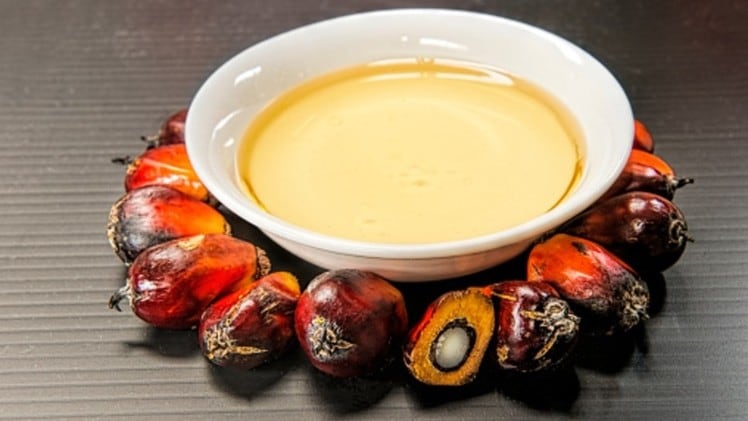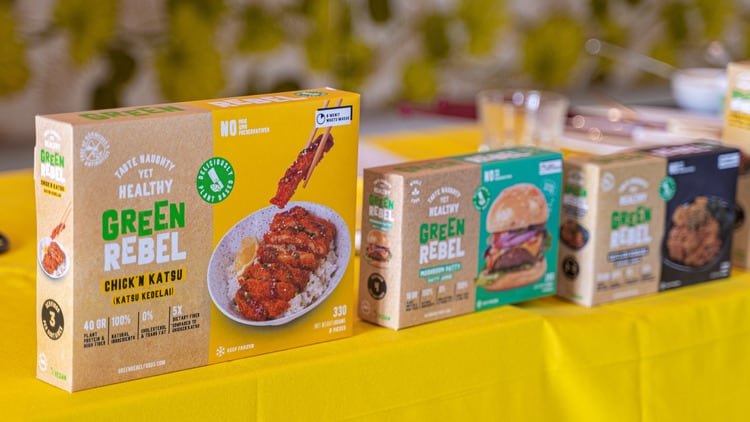Although a large proportion of anti-palm oil attacks have come from the EU over the past several years, experts believe that consumers and businesses in the region will eventually come to accept the commodity, with this potentially being accelerated by the Russia-Ukraine war.
“Palm oil’s main issue over the past few years has been the bad image that the media has painted it in in the EU, and also with companies targeting it basically as a marketing trick to villainise it then offer consumers products without the ‘bad’ palm oil,” research firm Competere Policies for Sustainable Development Founder Professor Pietro Paganini told the floor at the Palm Oil Sustainability Debate event hosted by the Malaysian Palm Oil Certification Council (MPOCC).
“But the thing is that in general, people are not stupid – they may get bombed by the media and misunderstand things, which is how the perception of palm oil declined so much in the past, but during COVID-19 and now with the war driving prices up, people have more things to worry about, so perception is more stable and less on the decline.
“In fact, the perception of palm oil in some EU countries such as France has even improved – in Italy, we have also done a study which showed that the negative perception of palm oil amongst local consumers has dropped from 70% to 40%.
“So the long and short of it is that in the end, science always wins, and it is just a matter of time before things are set straight – what the palm oil sector can do to accelerate this though is to work more effectively with the media, by both providing them with scientific facts and also doing thorough fact-checking of anything that is published and go after erroneous information that can cause misunderstandings.
“It may be an instinct to go after consumers and talk to them to try to change their perception, but the thing is that this is only feasible if there is a lot of excess money to spare on this, because many consumers have an ideological misunderstanding that was formed by misunderstanding – working with the media and getting the right information published is the more effective form of marketing in this case, and if you have the facts, you will always win.”
The Russia-Ukraine war is also likely to help the cause for palm oil as it has driven up the cost of other soft oils such as sunflower, whereas palm oil supply has remained largely unaffected.
“In Europe, there have been various firms including in the F&B sector that removed palm oil from their product recipes and thought they would make millions from this change – but then then spent a lot of money on this and are now regretting it,” Prof Paganini added.
“With oil prices going up now, palm oil is starting to look very attractive to many businesses, and when the price goes down to a certain level, there is no doubt in my mind that they will go back to using palm oil.
“One of the main arguments made previously for removing palm oil from food products was the saturated fat content and the argument that it was bad for health, but after all this time it has already been found that their removal of palm oil has not significantly reduced the level of saturated fats to make positive impacts on health – [but] the cost is much more now.”
Just treat us fairly
Also on the panel debate was Malaysia Deputy Minister of the Ministry of Plantation Industry and Commodities Datuk Willie Anak Mongin, who furthered calls for the global community to treat palm oil in an equal light with other edible oils.
“If the idea is for us to produce sustainable palm oil, we request the global community to give us the help and space to do this – just like a professor that wants a student to pass his or her subject cannot just condemn and criticise to make this happen, we also need the guidance and help to succeed,” he said.
“There are many calls for sustainability but it will take time as there are so many things to work on along the value chain, [and the] many accusations keep changing the goalposts – First it was said to be unhealthy, then we engaged with industry experts and scientists and proved it is healthy with tocotrienol and vitamins; but then palm oil was attacked for not being sustainable, and when we worked on this it was then attacked over labour issues.
“We do want to be sustainable, but if the goalpost keeps changing, there is no way to ever fulfil [all the criteria] so we appeal to please treat palm oil fairly, as this industry is very important to Malaysia. It provides the livelihoods for over 700,000 farmers in Malaysia, and contributes 20% to 25% of our GDP.
“We have no interest in fighting with other vegetable oils – They all have their own set of strengths, benefits and nutrients, and so does palm oil – but all we want is to be treated fairly.”
Professor Ibrahim Ozdemir from Turkey’s Uskudar University also cautioned palm oil naysayers against being too extreme in their ideologies, as the impacts on a global scale could be far larger than expected.
“Any small action taken in Malaysia, Indonesia, Brazil and so on have impacts on other parts of the world as well – this is part of the butterfly effect, and reinforces the fact that all actions must be fair and just and claims must be based on scientific knowledge and transparency so that solutions are found systematically,” he said.
“Without this understanding, [simply banning or boycotting a major commodity] will create problems both in local countries and international markets in the long run – [for instance] having no palm oil supply at this time at all could bring many industries to a grinding halt.
“So [even protesting should be done carefully], as any small piece of misinformation or fake news can destroy a whole industry and the lives of many farmers [and eventually] impact





